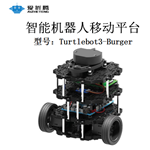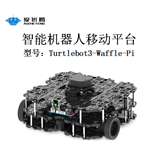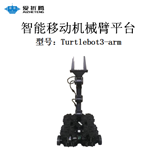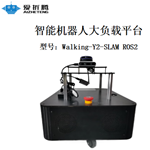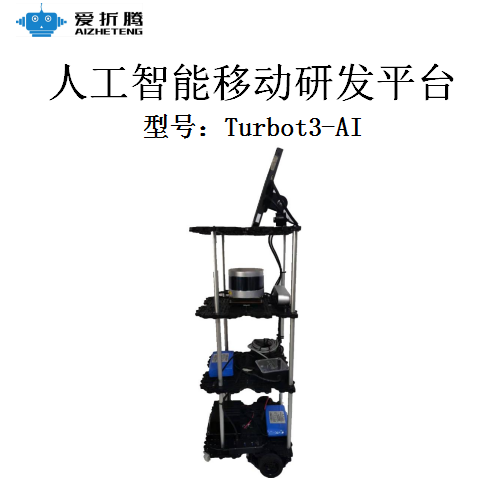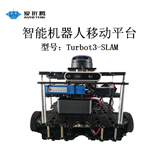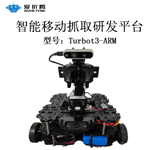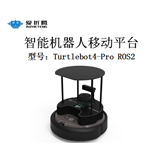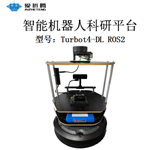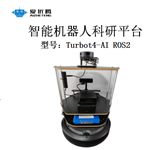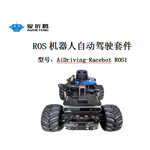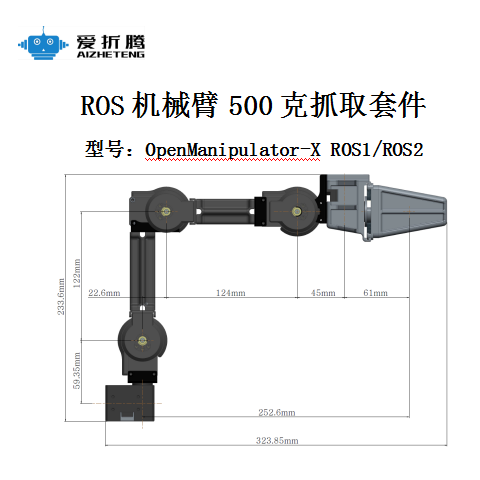LOCO定位系统入门教程-在仿真环境下多只crazyflie飞行时避免碰撞
说明:
介绍15只crazyflie在仿真环境下飞行时避免碰撞
15只crazyflie随机飞行目的地
步骤:
- 进入目录
cd ~/crazyswarm/ros_ws/src/crazyswarm/scripts
- 执行脚本文件
python3 collisionAvoidance.py --sim
- 代码如下
"""Demonstration of Buffered Voronoi Cell collision avoidance algorithm."""
from __future__ import print_function
import argparse
import time
import numpy as np
import scipy as sp
import scipy.spatial
import scipy.optimize
import pycrazyswarm
import pycrazyswarm.util as util
import pycrazyswarm.cfsim.cffirmware as firm
Z = 1.0 # Takeoff altitude.
def main():
# Crazyswarm's inner parser must add help to get all params.
parser = argparse.ArgumentParser(add_help=False)
group = parser.add_argument_group("Collision avoidance", "")
group.add_argument(
"--noavoid",
help="Disable collision avoidance.",
action="store_true"
)
group.add_argument(
"--assign",
help=("Use optimal start-goal assignment instead of random assignment."),
action="store_true"
)
group.add_argument(
"--loops",
type=int,
default=1,
help="Repeat the experiment this many times, without resetting start positions.",
)
args, unknown = parser.parse_known_args()
if args.assign:
duration = 3.0
else:
duration = 10.0
# Construct the Crazyswarm objects.
rows, cols = 3, 5
N = rows * cols
crazyflies_yaml = util.grid_yaml(rows, cols, spacing=0.5)
swarm = pycrazyswarm.Crazyswarm(crazyflies_yaml=crazyflies_yaml, parent_parser=parser)
timeHelper = swarm.timeHelper
cfs = swarm.allcfs.crazyflies
# Tell the visualizer to draw collision volume ellipsoids. Ellipsoids
# change from green to red when a collision occurs. Make the radii slightly
# smaller than the radii used for the collision avoidance algorithm as a
# fudge factor.
#
# To show collisions on purpose, use --noavoid without --assign.
xy_radius = 0.125
radii = 1.0 * xy_radius * np.array([1.0, 1.0, 3.0])
timeHelper.visualizer.showEllipsoids(0.95 * radii)
swarm.allcfs.takeoff(targetHeight=Z, duration=Z+1.0)
timeHelper.sleep(Z + 2.0)
if not args.noavoid:
for i, cf in enumerate(cfs):
others = cfs[:i] + cfs[(i+1):]
cf.enableCollisionAvoidance(others, radii)
for _ in range(args.loops):
# Goals are randomly positioned in the XY plane, with some random
# perturbations in Z. If we didn't add the perturbations, we'd get purely
# 2D movement that doesn't take advantage of the free space in the Z axis
# to reduce conflicts.
#
# A more robust solution would be to add some random bias direction to each
# robot's reference direction, so it will have a preferred altitude when
# far away from the goal, giving Z separation even when the starts and
# goals are all coplanar.
#
# Minimum goal distance of 5*radius ensures that robots are never trying to
# squeeze too tightly in between two other robots.
#
goals = util.poisson_disk_sample(N, dim=2, mindist=5*xy_radius)
goals_z = Z * np.ones(N) + 0.2 * np.random.uniform(-1.0, 1.0, size=N)
goals = np.hstack([goals, goals_z[:,None]])
starts = np.stack([cf.position() for cf in cfs])
starts[:, 2] += Z
all_pts = np.vstack([goals, starts])
bbox_min = np.amin(all_pts, axis=0) - 4.0 * xy_radius
bbox_max = np.amax(all_pts, axis=0) + 4.0 * xy_radius
# Optimal assignment with sum of Euclidean distances objective guarantees
# no collisions when following straight-line trajectories IF the robots
# have no volume. If not, collisions may occur, but they are rare in
# practice if the start and goal positions are sufficiently dispersed and
# not collinear.
#
# Since we have our own collision avoidance, we use squared Euclidean
# distance instead. Minimizing sum of squared distances is closer to
# minimizing the # maximum distance for any robot, which generally is more
# important in multi-robot applications. We could use e.g. Euclidean^4 to
# approximate maximum distance even more closely.
#
if args.assign:
dists = sp.spatial.distance.cdist(starts, goals, "sqeuclidean")
_, assignments = sp.optimize.linear_sum_assignment(dists)
goals = goals[assignments,:]
for goal, cf in zip(goals, cfs):
cf.goTo(goal, yaw=0.0, duration=duration)
timeHelper.sleep(duration + 1.0)
if __name__ == "__main__":
main()
- 在仿真环境下,15只crazyflie起飞后,随机飞行目的地,飞行时避免碰撞
获取最新文章: 扫一扫右上角的二维码加入“创客智造”公众号


